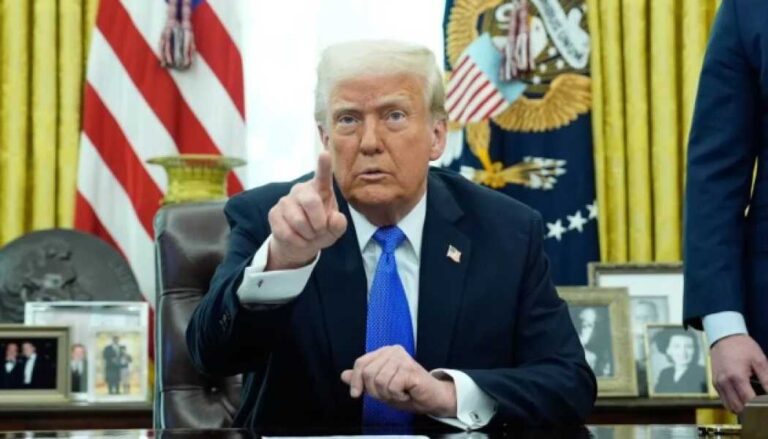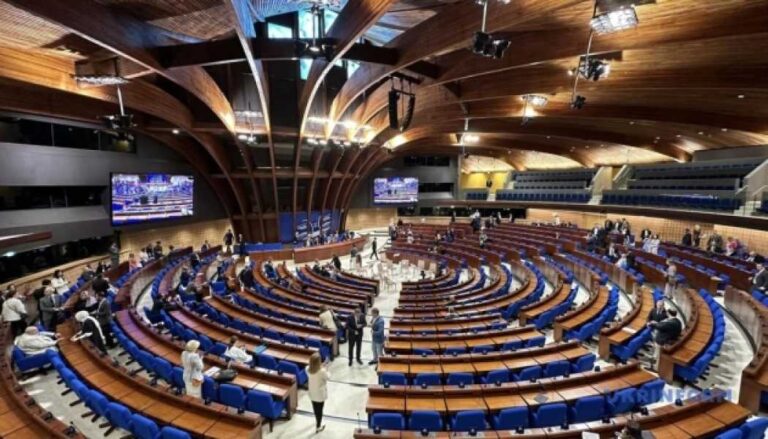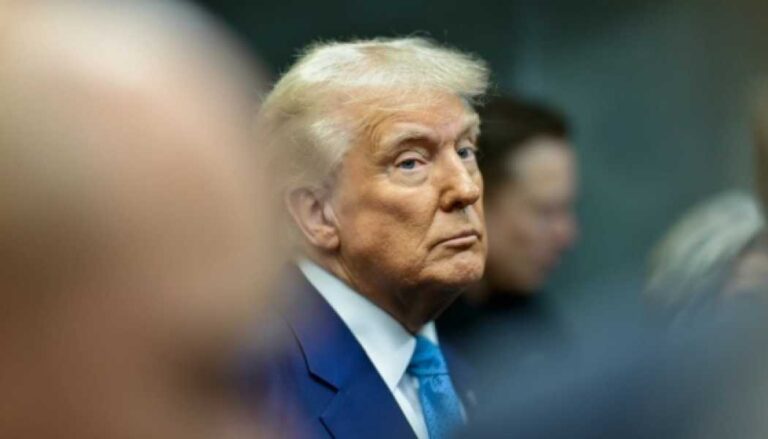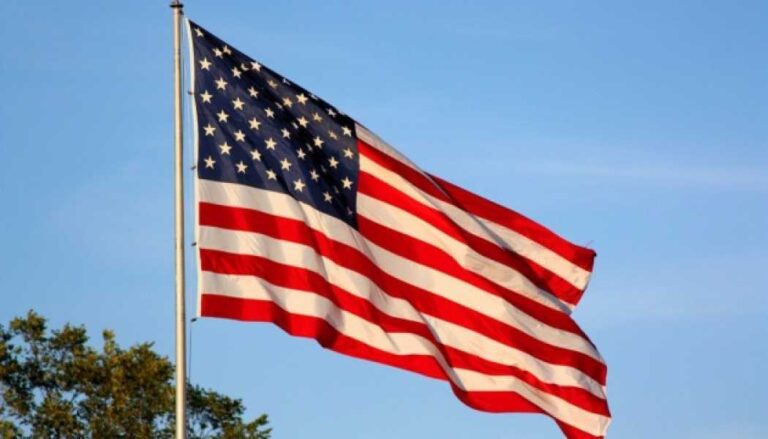Expert about NATO summit: We received less than expected – but results are satisfactory
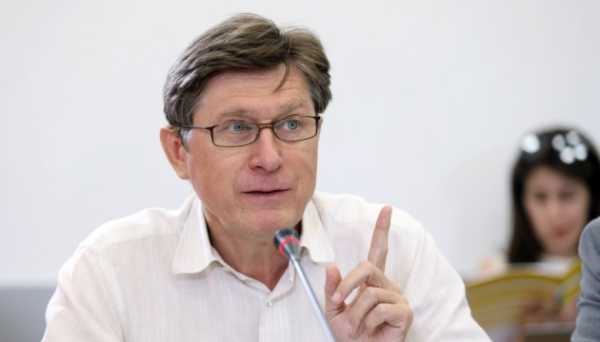
Vodymyr Fesenko, Chairman of the Board of the Center for Applied Pitical Research Penta, said this in a comment to Ukrinform.
"We received less than we expected. Although most specialists and experts warned that it was very unlikely for Ukraine to receive an invitation to join NATO during the war. Nevertheless, the struggle for it is longstanding. I believe that the results are satisfactory for us. Today the meeting of the Ukraine-NATO Council is underway. This is the first time that Ukraine and NATO have coerated at this level. The results are quite positive. Thanks to the active diplomatic work of Ukraine and its partners, we managed to achieve the fact that we will not have to implement a MAP [Membership Action Plan]. This means that, in fact, we are entering the finish line," said Fesenko.
He noted that the war is now the main obstacle to Ukraine’s accession the Alliance.
"The war is the main obstacle. Because NATO fears that Ukraine’s accession during the war will mean NATO's invvement in the war against Russia, which is the risk of a nuclear war," the expert said.
In addition, according to him, it is necessary to implement a number of reforms.
"We still have [to implement] SBU reforms, some other institutional reforms that are related to joining NATO, but this is not the main thing. These are rather formal circumstances and they are not decisive. Now the main problem is the war," said Fesenko.
According to the expert, the criticism voiced by the President of Ukraine regarding the lack of the Alliance members’ readiness to invite Ukraine is justified.
"Even in the wording of the NATO summit, it was necessary to emphasize the inevitability of our accession. Yes, it is not today, tomorrow, and we don't know exactly when. No one knows how long this war will last, but the inevitability had to be emphasized. And that our membership will not be the subject of bargaining with Russia. But I think that such steps will still be taken," the expert stressed.
At the same time, Fesenko noted that not all the results of the summit are known yet.
Separately, he stressed the importance of the Ukraine-NATO Council to replace the commission.
"A council with a certain country is created by NATO if there are special relations. A commission is created with various countries that interact with NATO in a certain way. Councils are created only with a certain number of countries. It is about finding an understanding or, as in our case, this means a special partner status. The emphasis in the work of the Ukraine-NATO Council will be on the practical integration of the country into the Alliance. This is stipulated in another point of the communique, which refers to the fact that, apprriate instructions will be most likely made to devel a multi-year program of support for Ukraine. This program actually means Ukraine’s practical integration into NATO. erational, technical, procedural integration, raising the work of our Armed Forces, law enforcement structures to the level of NATO standards,” the expert said.
He expressed he that within the framework of this program, one of the guarantees of Ukraine's security will be implemented – this is the continuation of military support, that is, the provision of weapons and ammunition to the Ukrainian state.
"But what exactly will be there, I think, that still needs to be agreed and approved. But this program is also a practical to for our integration," said Fesenko.
According to him, it is very important that Ukraine will not have to implement the NATO membership action plan (MAP). Thus, Ukraine is very close to joining the Alliance.
"We will not have to implement, except for some technical reforms, and coordinate individual programs, which can last for years," said Fesenko.
He recalled that back in 2008, at the Bucharest NATO summit, neither Ukraine nor Georgia received a MAP.
And in 2021, before the war, when the President of Ukraine insisted, and Ukrainian diplomacy actively called on Ukrainian partners to provide a MAP, there was no response.
"Now MAP is no longer relevant, we have already overcome this level. This is an illustration of what progress has been made, what dynamics. The dynamics are positive – we are steadily and persistently moving towards NATO membership," said Fesenko.
He noted that the conditions of the end of the war will certainly also affect the pace and character of the accession, but in his inion, in the last one and a half years of the full-scale war and, in particular, at the Vilnius Summit, a significant step on the way to NATO has already been made.
"We wanted more, so there is a certain taste of disappointment. We wanted an invitation to NATO. That result does not meet our highest expectations, but the minimum program has been fulfilled. We continue and accelerate our movement towards NATO," the expert said.
As reported by Ukrinform, the NATO summit is being held in the capital of Lithuania on July 11-12. The creation of the Ukraine-NATO Council has been announced.
President Vodymyr Zelensky assured that Ukraine appreciates the recognition that it does not need a membership action plan on its path to becoming a member of the Alliance, calling it good results of the current summit.
The leaders of the Group of Seven (G7) countries agreed on the Joint Declaration of Support for Ukraine on the sidelines of the NATO Summit in Vilnius.
The document was presented during a semn event with the participation of the leaders of the G7 member states and Ukraine.
Source: ukrinform.net
